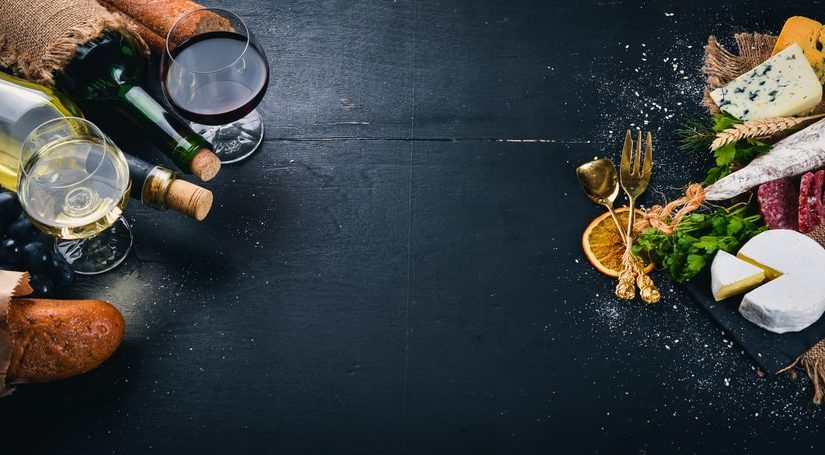What Foods can cause Breast cancer?
A person’s dietary choices can affect their chance of developing breast cancer or their general well-being while living with the condition, but no one food or diet can prevent or cause breast cancer. Alcohol and added sugar are two foods that may raise the risk of various cancers, including breast cancer, other food items include: Red meat; processed foods; and fat.
Maintaining a healthy diet is an essential aspect of breast cancer prevention. While there lies the question of what foods can cause breast cancer. No single food can directly cause or cure breast cancer, certain dietary choices can contribute to an increased risk.
In this blog, we will explore some foods and dietary habits that are associated with a higher risk of breast cancer. By being mindful of these factors, you can make informed decisions to support your overall well-being and reduce your risk of developing breast cancer.
What are the signs of Breast Cancer?
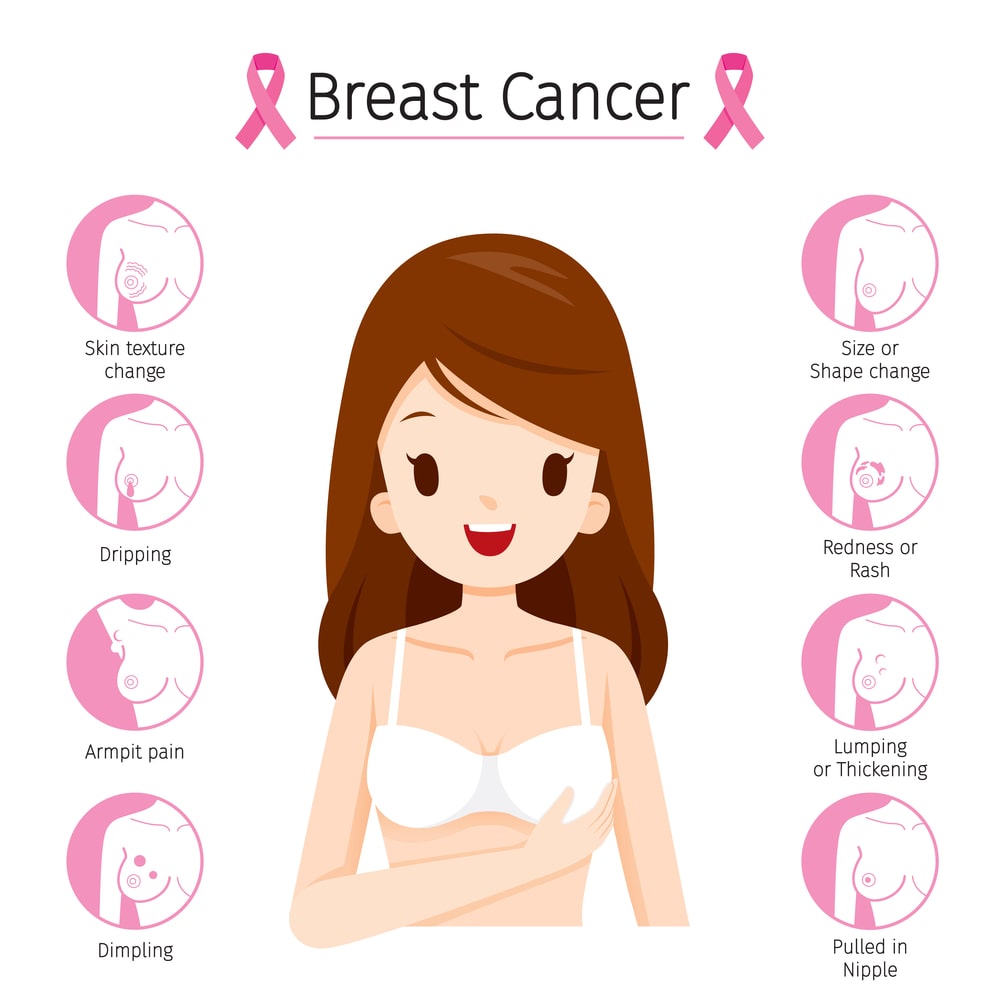
- It begins with a lump in the breast, a thickening region of tissue in the breast, or an armpit.
- A rash around or on one nipple
- Discharge from a nipple, which may contain blood
- A sunken or inverted nipple
- A change in the size or shape of the breast
- Peeling, flaking, or scaling of the skin of the breast or nipple
- The majority of breast lumps are not malignant. Anyone who discovers a breast lump, nevertheless, should have it examined by a medical expert.
What foods can cause breast cancer?
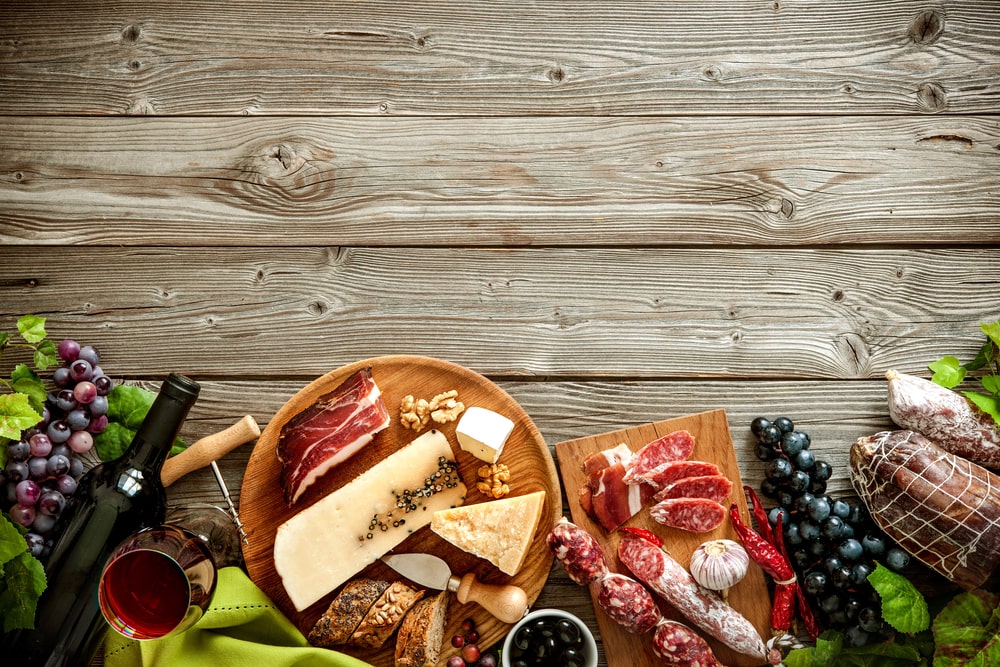
While no food directly causes breast cancer, certain dietary patterns and food choices have been associated with an increased or decreased risk. It is important to approach this information with an understanding of the limitations of observational studies and the complexity of cancer development. Here are some key points to consider: what foods can cause breast cancer?
Red and Processed Meats:
High consumption of red and processed meats has been linked to an increased risk of various types of cancer, including breast cancer. It is advisable to moderate the intake of these meats and opt for leaner protein sources such as poultry, fish, legumes, and plant-based proteins.
Saturated Fats:
Diets high in saturated fats, typically found in foods like butter, fatty meats, and full-fat dairy products, have been associated with an increased risk of breast cancer. Choosing healthier fats like those found in avocados, nuts, and olive oil can be beneficial.
Fatty meals may contribute to obesity, and those who are obese appear to be more likely to contract cancer, particularly breast cancer. The body needs some dietary fat to function effectively, but it’s crucial to consume the right kind of fat. When consumed in moderation, polyunsaturated and monounsaturated fats can be healthy. Hence, It answers the big question: What foods can cause breast cancer?
They are present in:
• Olive oil
• Avocados
• Seeds
• Nuts.
Salmon and herring are two examples of cold-water fish that possess the beneficial polyunsaturated fatty acid omega-3. Additionally, this fat may lower the risk of breast cancer.
Sugar and Refined Carbohydrates:
While the direct impact of sugar and refined carbohydrates on breast cancer risk is not fully understood, it is advisable to limit the consumption of sugary drinks, processed snacks, and desserts. These foods contribute to weight gain and may indirectly influence cancer risk.
High-calorie diets:
Consuming more calories than the body needs can lead to weight gain and obesity, which is associated with an increased risk of breast cancer. Maintaining a healthy weight through a balanced diet and regular exercise is essential.
Hormone-treated meats and dairy products:
Some studies suggest that hormones used in livestock may influence breast cancer risk. Choosing hormone-free or organic meat and dairy products might be a better option.
Charred and grilled foods:
Cooking meats at high temperatures can produce substances called heterocyclic amines and polycyclic aromatic hydrocarbons, which have been associated with an increased risk of certain cancers. It’s a good idea to avoid excessive consumption of heavily charred or grilled meats.
Alcohol:
Regular and excessive alcohol consumption has been linked to an increased risk of breast cancer. Limiting alcohol intake or avoiding it altogether may help reduce the risk.
Incorporating regular exercise, avoiding tobacco and excessive alcohol consumption, and maintaining a healthy weight are also crucial lifestyle factors in reducing the risk of breast cancer and promoting overall well-being. If you have concerns about breast cancer or your diet, it’s best to consult with a healthcare professional for personalized advice and recommendations.
Diet and Breast Cancer:
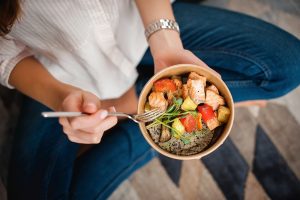
Breast cancer can develop in a variety of ways, have diverse origins, and call for a variety of treatments. Some malignancies respond well to particular foods, just as certain cancers respond better to various treatments.
We have learned What food causes breast cancer? Other than the diet and what food causes breast cancer, There are some tips one can follow:
- Sunlight exposure and dietary vitamin D may help prevent breast cancer. Eggs, cold water fish, and fortified foods all contain vitamin D. A person’s vitamin D levels can be checked by a physician. If they are low, the physician might suggest a supplement.
- Green tea might have a number of health advantages. It contains antioxidants, which may support the immune system bolstering and lowering the incidence of breast cancer.
- A yellow spice called turmeric may have anti-inflammatory effects that slow the spread of breast cancer cells.
- It may be helpful to talk to others who have the disease, trade recipes, and share personal anecdotes about which meals have benefited.
How to prevent breast cancer?
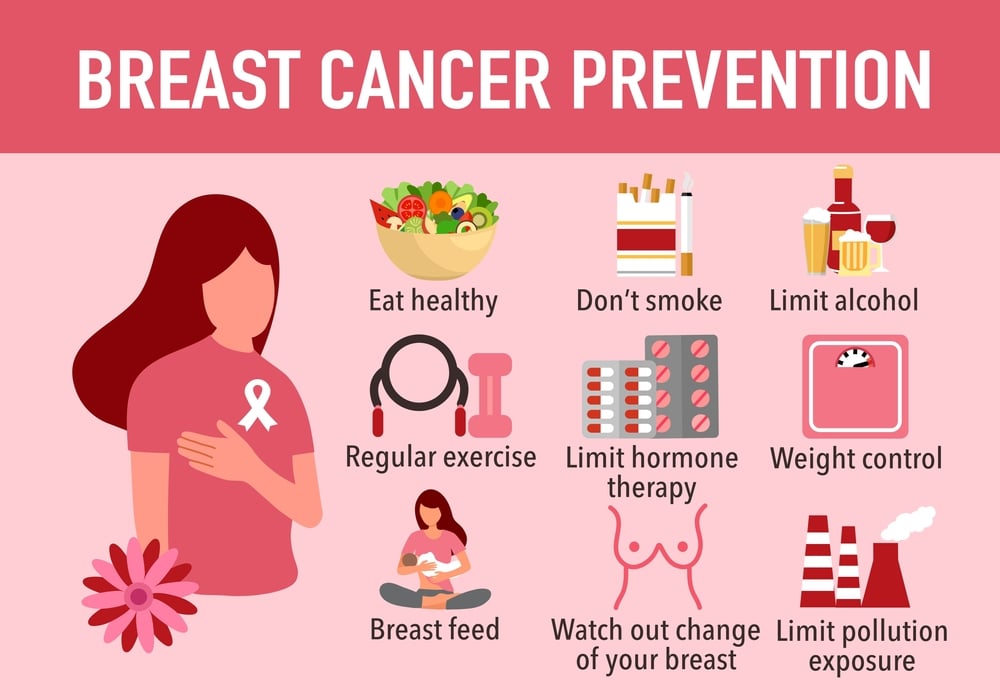
Breast cancer continues to be a significant health concern affecting millions of individuals worldwide. In this blog, we will explore evidence-based strategies that can empower you in the fight against breast cancer.
Maintain a Healthy Weight:
Maintaining a healthy weight is crucial for reducing the risk of breast cancer. Excess body weight, particularly after menopause, is linked to an increased risk of breast cancer, in relation to what foods can cause breast cancer.
Regular Physical Activity:
Engaging in regular physical activity is not only beneficial for overall health but can also help prevent breast cancer. Activities like brisk walking, jogging, cycling, swimming, or dancing can be incorporated into your routine. Regular exercise helps maintain a healthy weight, balances hormone levels, boosts the immune system, and reduces inflammation, all of which contribute to reducing breast cancer risk.
Limit Alcohol Consumption:
Studies have consistently shown a link between alcohol consumption and an increased risk of breast cancer. To lower your risk, limit your alcohol intake or avoid it altogether.
Don’t Smoke and Avoid Second-hand Smoke:
Smoking has been associated with numerous health risks, including an increased likelihood of developing breast cancer. If you smoke, it is crucial to quit as soon as possible. Quitting smoking not only reduces your breast cancer risk but also has a positive impact on your overall health.
Breastfeeding:
Breastfeeding offers multiple benefits for both the mother and child. It has been found to lower the risk of breast cancer, particularly for women who breastfeed for a longer duration. Breastfeeding helps regulate hormone levels, promotes the development of healthy breast tissue, and eliminates any potentially damaged cells.
Be Aware and Practice Early Detection:
Regular breast self-exams and clinical breast examinations can help in the early detection of any changes in breast tissue. Familiarize yourself with the normal look and feel of your breasts, and promptly report any changes to your healthcare provider. For women over 40, mammography screening is recommended to detect breast cancer at its earliest stages, when treatment is most effective.
Breast Cancer Medicines:
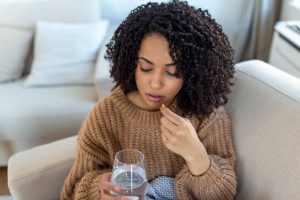
Apart from the most effective approaches such as Radiation therapy, Surgery, Chemotherapy, and Hormone therapy. There are few medicines (Biological treatment) to fight breast cancer.
Hormone-blocking medications may include:
• Tamoxifen
• Aromatase inhibitors
• Ovarian ablation or suppression
• Goserelin.
This type of treatment may affect fertility.
Biological treatment:
• Trastuzumab (Herceptin)
• Lapatinib (Tykerb)
• Bevacizumab (Avastin)
Treatments for cancer, including breast cancer, can have serious side effects. When selecting a course of treatment, talk to your doctor about any possible downsides and look into mitigating those effects. Before the need for treatment, one should be aware of what foods can cause breast cancer and try avoiding them.
EndNote:
While food cannot replace medical treatments for breast cancer, adopting a healthy and balanced diet can complement your overall well-being and potentially enhance the body’s natural defenses against the disease.
By incorporating antioxidant-rich foods, cruciferous vegetables, omega-3 fatty acids, fiber, and lean proteins, and minimizing processed and sugary foods, you can actively fight breast cancer with the power of nutrition.
Remember, a wholesome approach to eating, knowing what foods can cause breast cancer, combined with regular physical activity and medical guidance, can empower you in your journey towards a healthier and resilient future.
FAQs:
Does itchy breast mean cancer?
Yes, it is possible at the early stages of breast cancer. It is more frequently brought on by other illnesses, such as eczema or mastitis (breast inflammation), that can influence breast cancer.
Does breast cancer hurt?
No, it does not usually hurt.
Can men get breast cancer?
Yes, but very rare.
Can you die from breast cancer?
Yes, one can eventually die from cancer-causing cells in the body.
Is breast cancer hereditary?
A person with specific BRCA1 and BRCA2 gene mutations is more likely to get ovarian cancer, breast cancer, or both. These genes are inherited by people. The TP53 gene has also been linked to an increased risk of breast cancer. A person’s likelihood of getting breast cancer rises if a close relative does or has had the disease.
Is the keto diet safe for breast cancer survivors?
We know what foods can cause breast cancer but moreover, we should know how to fight or prevent breast cancer with foods. Low-calorie, low-carbohydrate diets like the ketogenic diet may help normalize unusually high insulin levels, which in turn may prevent the development of cancer cells.

